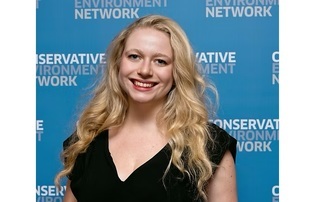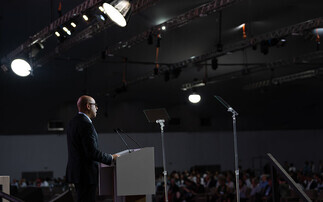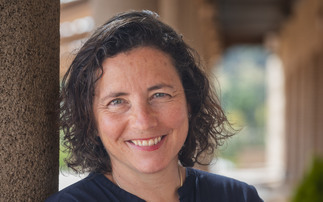Heads of state will inject much-needed momentum into negotiations on first day of COP21, says Laurence Tubiana
Presidents and prime ministers attending the much-anticipated Paris climate talks later this year will not be expected to sign any political declaration committing to reduce global temperature rises, the French ambassador in charge of the summit has admitted.
France's climate ambassador, Laurence Tubiana, told reporters on Friday that invitations were currently being sent out for heads of state to attend the first day of the 21st Conference of the Parties (COP21) in the French capital in December.
At the end of the two-week conference governments will be expected to sign a global deal to fight climate change, which will come into force in 2020.
Unlike the previous summit in Copenhagen in 2009, where heads of state arrived for the final day of the fortnight's talks but subsequently failed to reach a deal, France has invited prime ministers to the first day, in an attempt to put the rocket boosters behind the slow-moving negotiations.
Speaking at the latest round of talks in Bonn, Germany last week, Tubiana said she did not yet know how many heads of state would be attending and maintained there were no plans for a political declaration at the start of the summit committing to tackle climate change.
She added that President Hollande had been talking to many world leaders and found "the sense is that a number would like to come".
As president of COP21, France is keenly aware of the need to avoid a repeat of the Copenhagen Summit, where world leaders failed to sign a global deal to tackle climate change. Tubiana said that having world leaders come at the start would deliver "maximum political capacity".
"We have a lot to do in Paris that's for sure," she told reporters. "What we need to do in Paris is complicated. It's a legal text; it's not a political declaration.
"We need time and energy and determination, so who best can do that? To give us energy? Ministers and heads of state saying 'We want an agreement, we want this ambitious plan. You guys deliver that'."
Despite some progress at the Bonn talks last week, countries criticised the painstakingly slow pace of the negotiations, warning that there is now just five official negotiating days left before the Paris talks start. On Friday they gave a mandate to the co-chairs of the talks to draw up the first negotiating text, which will be presented at the start of October.
Today, ministers and diplomats from 57 countries are gathering in Paris for informal negotiations on a climate finance package to be agreed at the end of this year.
Opening the two-day summit yesterday, French Foreign Affairs Minister Laurent Fabius said countries needed to take advantage of the conference to prepare for Paris. "We have less than three months before the Paris meeting," he warned.
"The success of Paris will be built ahead of time. We cannot expect some sort of miraculous solution to appear during the final hours of the Paris conference."
In related news, Colombia has become the latest South American nation to submit its greenhouse gas pledge, known as an Intended Nationally Determined Contribution (INDC), for a deal in Paris.
See our interactive map showing what countries have pledged so far for a deal in Paris
Colombia said it would aim to reduce greenhouse gas emissions by 20 to 30 per cent compared to business as usual levels, by 2030, depending on the level of financial support it receives from the international communities.
This article is part of BusinessGreen's Road to Paris hub, hosted in association with PwC









